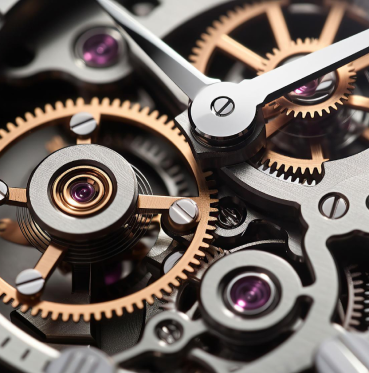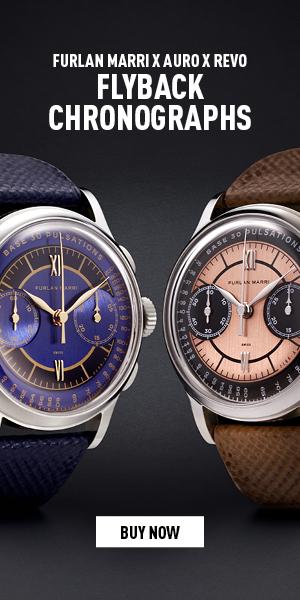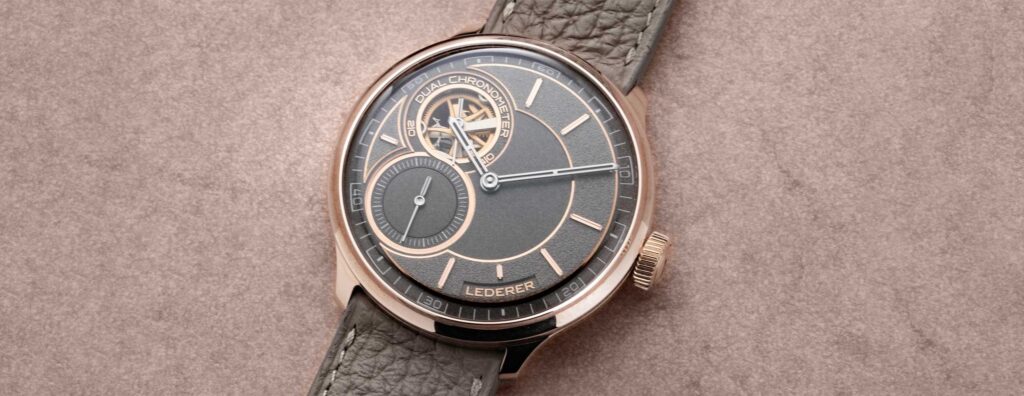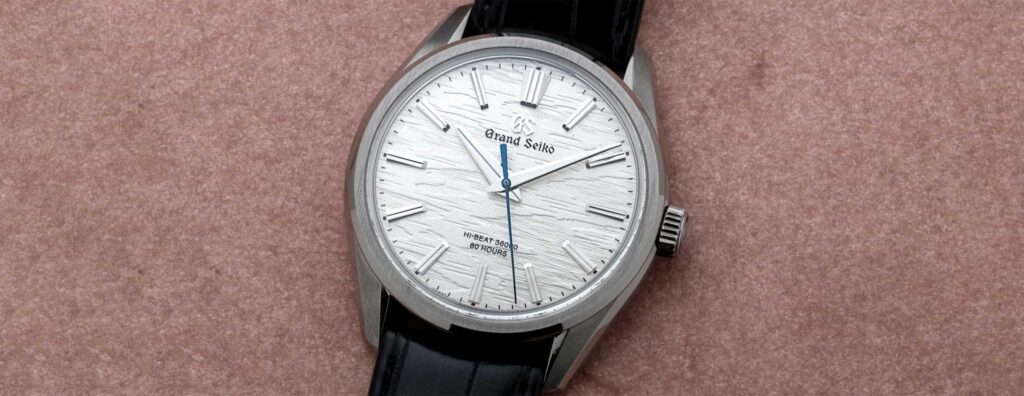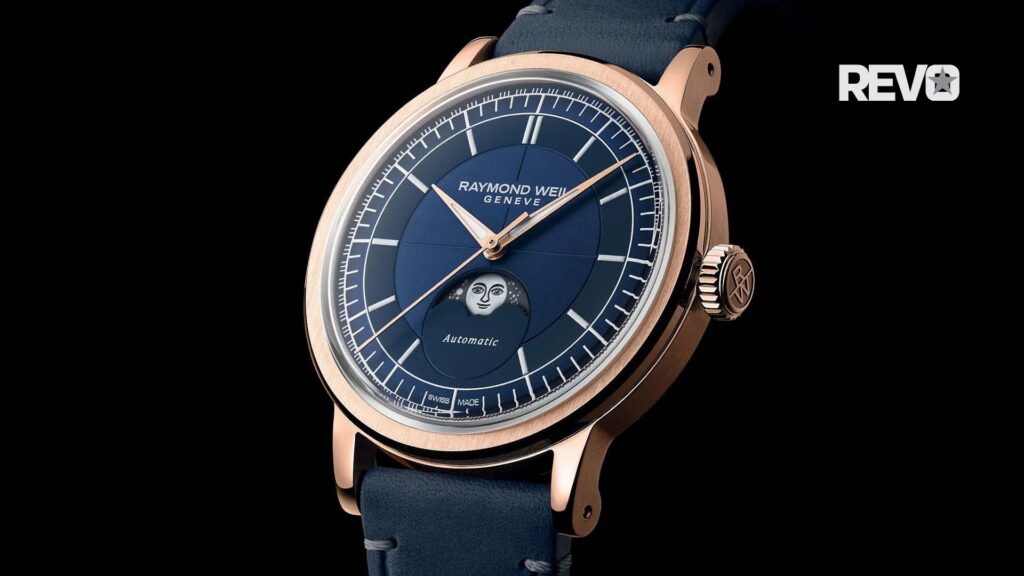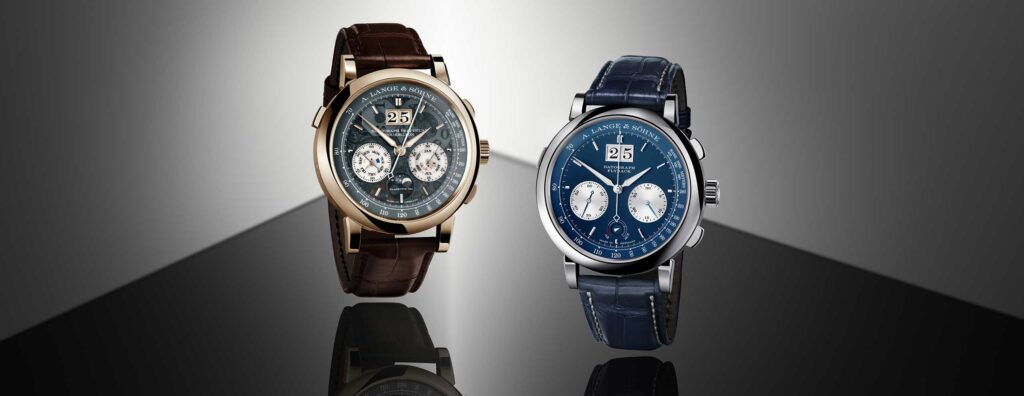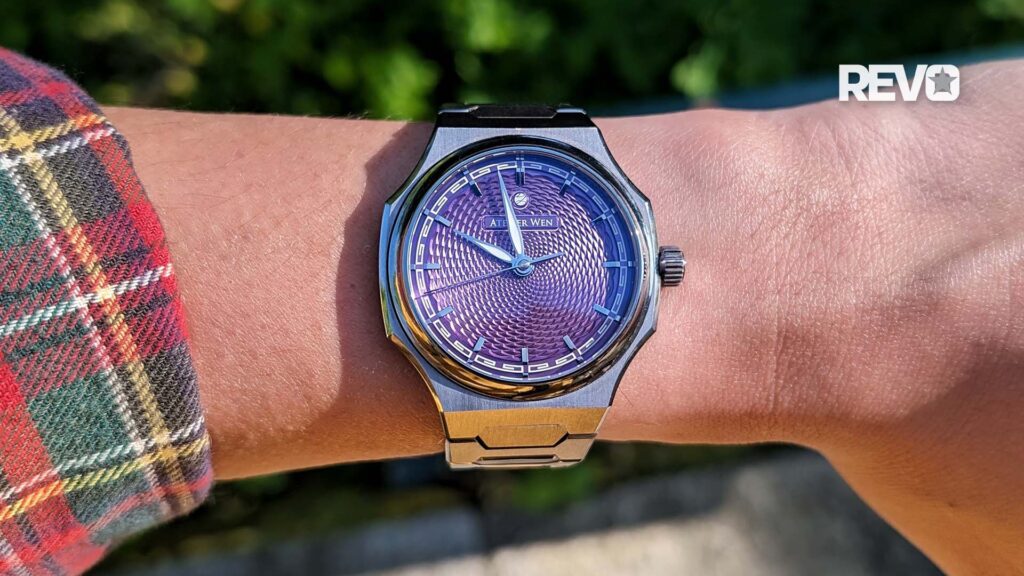News
The Apple Watch: Revolution’s Editors Weigh In
News
The Apple Watch: Revolution’s Editors Weigh In
Well, the other shoe has finally dropped: last week, Apple officially launched the Apple Watch, spawning think-pieces, hand-wringing, enthusiasm, disdain, and chains of mutual recrimination in comments sections across the Internet –in other words, it was a typical Apple product launch. We watched the keynote with as much interest as anyone, of course –but reactions from Revolution’s editors were surprisingly varied.
UK Editor-at-Large Ken Kessler did not mince words, saying, “What kind of schmuck do you have to be to spend $10,000 on a watch with a shelf-life of 6 months before it needs an upgrade, which will never be repairable after x number of years, and which looks like gas-station crap, when (for even less money) you can buy a Rolex . . . people who love mechanical watches may buy an Apple Watch out of curiosity, but I doubt anyone will abandon mechanical watches for it.”
On the other hand, UK Editor-in-Chief Tracey Llewellyn wasn’t so much appalled, worried, or thrilled, as simply phlegmatic.
“The smart watch furor,” she says, “has, by and large, passed me by . . . I’m just plain uninterested in wearing an all-singing piece of technology on my wrist . . . this is not to say I am complacent about the possible effects these new timepieces will have on our industry; it is just that for me –as well as many others –a watch needs to be simple, mechanical, and beautiful.” Llewellyn finds the Apple Watch more compelling, right now, as a study in branding power than as a watch, saying, “The technology that a smart watch brings may not be necessary in a wristwatch, but success or failure will depend on whether the brand association is strong enough to give the timepieces trophy status.”
In the homeland of mechanical horology, Revolution Switzerland’s Editor-in-Chief Sophie Furley hit a positively –well, positive note.
“As Editor-in-Chief of Revolution Switzerland, I should probably hate the Apple Watch . . . I should be telling everyone I know that it is a load of rubbish, but if I am honest –and I’ll probably get fired for saying this –I think the possibilities of this kind of watch are fascinating.” An avid runner and athlete, Furley notes, “I wear a Suunto when I’m running, a Garmin for swimming –why couldn’t I wear an Apple Watch for other parts of my day? It doesn’t mean I won’t wear my mechanical watches . . . do I think the Apple Watch will impact the Swiss watch industry? Yes, I believe it will, especially at the entry level price.”
Revolution USA’s Deputy Editor/Web Editor Mike Disher sees a bit of Chicken Little in the media:
“People –especially journalists –love to blow things out of proportion . . . here’s my take. I do not think smart watches will kill luxury timepieces, any more than cheap shoes and handbags killed luxury shoes and handbags. Cheap sunglasses are produced by the billions, yet luxury sunglass manufacturers thrive.”
It was left, however, to Suzanne Wong, Revolution Singapore’s Editor-in-Chief, to sound a real warning note. Wong envisions a scenario where the smart watch really can create an existential crisis for mechanical watches –not by duplicating their appeal, but simply by displacing them from the wrist.
“Smart watches,” she says, “don’t have to be in the least comparable to mechanical watches in order to replace them . . . all that needs to happen is for someone to create a truly functional piece of wrist-wearable tech that fulfills a real need in our lives, and for enough practical-minded people to choose this over the beauty and artistry of a mechanical watch. Smart watches don’t need to replace mechanical watches . . . they just need to steal their real estate.” And she points out as well that any final judgement about the viability of smart watches is probably wildly premature. “At the moment, there isn’t a truly compelling smart watch out there, but that doesn’t mean there won’t be one soon. Judging the success or failure of the smart watch and its impact on the mechanical watch industry based on what we see now is akin to predicting the future of home computing based on the products of 1975.”
My own view? I happen to think Jony Ive and Apple have a great design, and an appealing product, but for right now, I don’t think they’ve really closed the deal for a lot of consumers, nor do I think they’ve made something that’s a must-have. What we’ve got here is something with a pretty high cost of entry, no carrier subsidies, relatively poor battery life –as Ken Kessler sarcastically noted, “At last: a watch that won’t last an NYC-LA or NYC-London flight! Genius!!!” (The Apple Watch battery life is highly usage dependent and there are no in-use field reports yet, but the 18 hour figure cited by Apple is based on pretty minimal use –only 45 minutes of app use, for example, and given the fact that much of the Apple Watch’s appeal is based on its ability to provide social connection, it’s easy to imagine a scenario in which it taps out just when you need its heartbeat sharing, Tinder invoking, Uber calling features the most.) And it’s still basically an iPhone accessory –which itself is not a device exactly renowned for impressive battery life.
My favorite analogy for the smart watch is the flying car. It seems like a great idea in theory, but in practice, it turns out to be an absolutely terrible idea, and what you get is something that does nothing well. The smart watch has the same problem –it seems like a really appealing notion but it may well prove to be a perfectly terrible one, with the lack of robust power (a problem that is not going to be solvable any time soon, given the painfully slow rate of improvement in battery technology) cost, and mere duplication of smart phone technology making it a rather unappealing proposition.
The Apple Watch solves none of these problems –rather, it reveals the fact that no one, including Apple, has figured out what to do with the concept of wearable technology. The iPhone succeeded not because it attempted to duplicate the desktop computing experience –there were a myriad of smart phones before it that did, and the iPhone exposed that weakness in their design and execution –but because it created an entirely new user experience. That won’t stop some people from buying them –well-heeled fashionistas, compulsive early adopters, the Apple faithful –but the Apple Watch is still far too much an iPhone for the wrist, and as long as its value proposition is that basically, for $400 (just to get a foot in the door) you won’t have to take your phone out of your pocket for as long as the watch battery lasts, it’s probably not going to be more than a niche product for Apple.


